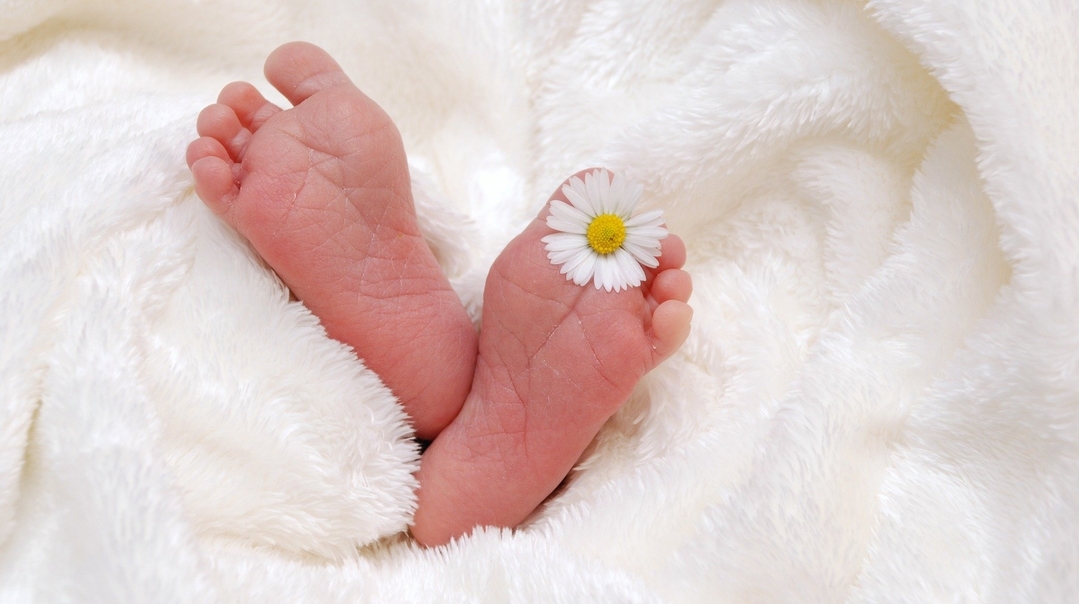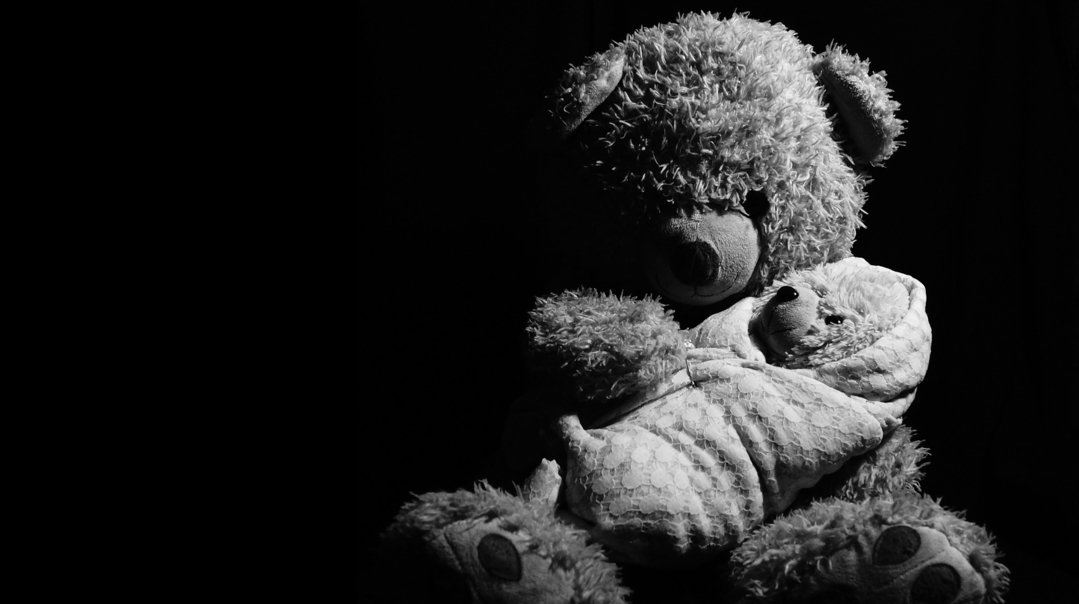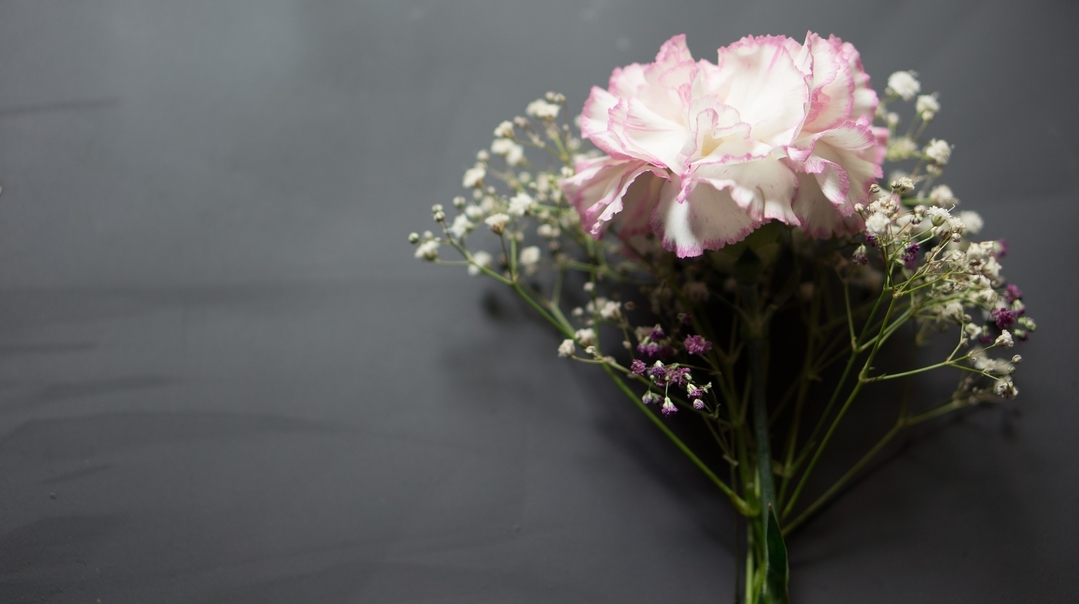Lost in the Woods

Good girls don’t ask, I was told

As a child, one of my favorite places was the forest outside town. I’d tag along with my brothers. We’d find a clearing and eat a picnic lunch, then spend the rest of the afternoon climbing trees, playing, and helping each other up when we fell into piles of leaves or mud. We’d pretend to get lost, and run through the trees, trying to find our way back to the parking lot, panicking and rolling with laughter all at once.
Little did I realize back then, that the years would pass and I’d one day meander through the thickets of my soul, never knowing if the next step would take me forward to freedom or backward to disaster.
I grew up the only girl in a house full of boys, where learning Torah all day was the one and only thing that mattered. Questions were encouraged, with one proviso — you had to be a boy. Good girls don’t ask, I was told. Good girls follow what they are taught and then raise their own kids to do the same. When a boy asks, it’s a sign of brilliance. When a girl asks, it’s a sign of weak faith.
But squelching my curiosity and thirst to learn, repressing those queries, caused me to start questioning the very path I was on, to shun the light I basked in.
I started scratching at the niggling feelings I carried throughout my childhood. Unbeknown to me, my doubts in emunah simply stemmed from a misconception of what emunah really meant — doing what we are tasked to do, with the information we’ve gained through learning, while always understanding that we can never know it all.
In the darkness of my own forest I slipped and landed in the undergrowth. I didn’t understand the magnitude of doing something seemingly as banal as switching on the air-conditioner or applying makeup on Shabbos, so I did it. I was sure the Shabbos candles on the table would never be diminished by my breaking the code of law.
If I was hungry at work and there was nothing to eat but the pasta in the non-kosher canteen, I was sure that G-d would forgive me if I made that my lunch, and the heavens wouldn’t come crashing down. I was convinced I’d never be influenced from the movies I watched, yet slowly, I became blind to how they shaped my view on women in Yiddishkeit and belief in the Higher Power.
Throughout it all my soul was in pain. The blemishes I seared into myself made me miserable. However much I thought myself enlightened by the liberal world, I was desperate to return to the light and my Source.
I felt Hashem guiding me. In those darkest moments He refused to let me feel alone and gave me the courage to dare. I started doing what I’d suppressed from a young age. I started asking, reading, researching. I started questioning. I wasn’t going to remain a lost soul just because I didn’t have the courage to raise my voice and sharpen my brain cells.
It was right at that time that I met a new neighbor. Standing at the vegetable aisle in the supermarket one day, looking for the mushrooms I always buy, this girl shyly turned and asked me what I was planning to use them for. I told her about the pasta sauce I was going to prepare and she pointed to a different type of mushroom and suggested I use those. “When I grew up,” she explained, “we used to go into the forest near our village and pick these mushroom from among the brush. Try them, they’re delicious”
And just like that, Hashem introduced me to my fellow forest-lover.
It was only later, once I got to know her well and we became close friends, that I realized we were fellow wanderers in our spiritual forests, though her route was completely different. She’d never seen her mother stand before the Shabbos candles and whisper prayers for each child the way I did. She’d never felt her father’s loving hands cradling her head as he blessed her to grow up like Sara, Rivka, Rachel, and Leah. She’d never seen her father’s eyes shine with the pure joy of a mitzvah. She’d never seen the care her mother put into buying clothes that are flattering yet refined, sometimes paying more if it meant pleasing Hashem and her daughter at the same time.
She’d been raised in the darkness and had been convinced that she was living an open-minded, educated life. And yet, she too felt that there’s more to life than what she’d been raised to believe. That there was a higher purpose that she wanted to fulfill.
She found a walking stick and started striding. She strode away from the career she could have had towards a home full of mitzvos and children singing zemiros at the Shabbos table.
She strode away from cheap fast food at McDonald’s towards bubbling chicken soup with knaidlach.
She strode away from ripped jeans and tank tops towards clothes that garbed her soul.
And on a path right alongside her own, I picked up pace and strode too.
I found a rav who took the time and had the patience to give each question of mine credence. He showed me the answers in the seforim, explained the different opinions to me, and gave me credit for the brain Hashem gifted me with.
My new friend would inspire me with her conviction to grow, which in turn awakened within me an enthusiasm for Yiddishkeit. I would share with her new discoveries I made in learning the depths of halachah and hashkafah and we would discuss how it would affect our lives. I loved gaining from and sharing with her.
We came to realize that not one letter, not even a kutzo shel yud [tip of the letter yud], is superfluous in the Written and Oral Torah. How every word of our chachamim is Torah m’Sinai and the seemingly small mitzvos must be kept as faithfully as those that appear more important to the unlearned.
We learned to understand that the simple turn of a dial on the stove on Shabbos tarnished the soul in a way we couldn’t comprehend. That every piece of nonkosher food or drink passing through our mouths into the digestive system tainted us from the insides. How a dress that was too short or too tight turned us from a holy vessel into an objectified body.
While my friend was guided in a clear path of teshuvah for someone who had never known better, my own struggle with my soul was gut-wrenching. After all, I had knowingly gone against the Torah. It took long hours of discussions with my rav and several consultations with gedolim for me to be convinced that the path to teshuvah was open to me as well. That I, too, would be accepted as a baalas teshuvah by Hashem.
In our journeys towards fulfilling His will we each found our own way to express these feelings. I discovered the chassidic world and the joy of doing a mitzvah with fire, while she retraced her Yekkish ancestry and adopted that lifestyle with its rich age-old minhagim. Two women from completely different backgrounds, both essentially full-fledged baalei teshuvah.
We left the world of so-called liberalism — a world of doubt and cynicism. Ultimately, having true emunah and bitachon means acknowledging that we can never learn and understand it all. We don’t need to know it all. All we need to know is that we are mere humans living under the omnipotent power and invincible love of the One Above and the only true path is the one that leads to a Torah-true life.
Now, years later, we stroll through the forest while our children climb the trees or jump in piles of leaves. When we reach a fork in the road, we smile at each other and wordlessly choose to walk the right path together.
(Originally featured in Family First, Issue 537)
Oops! We could not locate your form.












